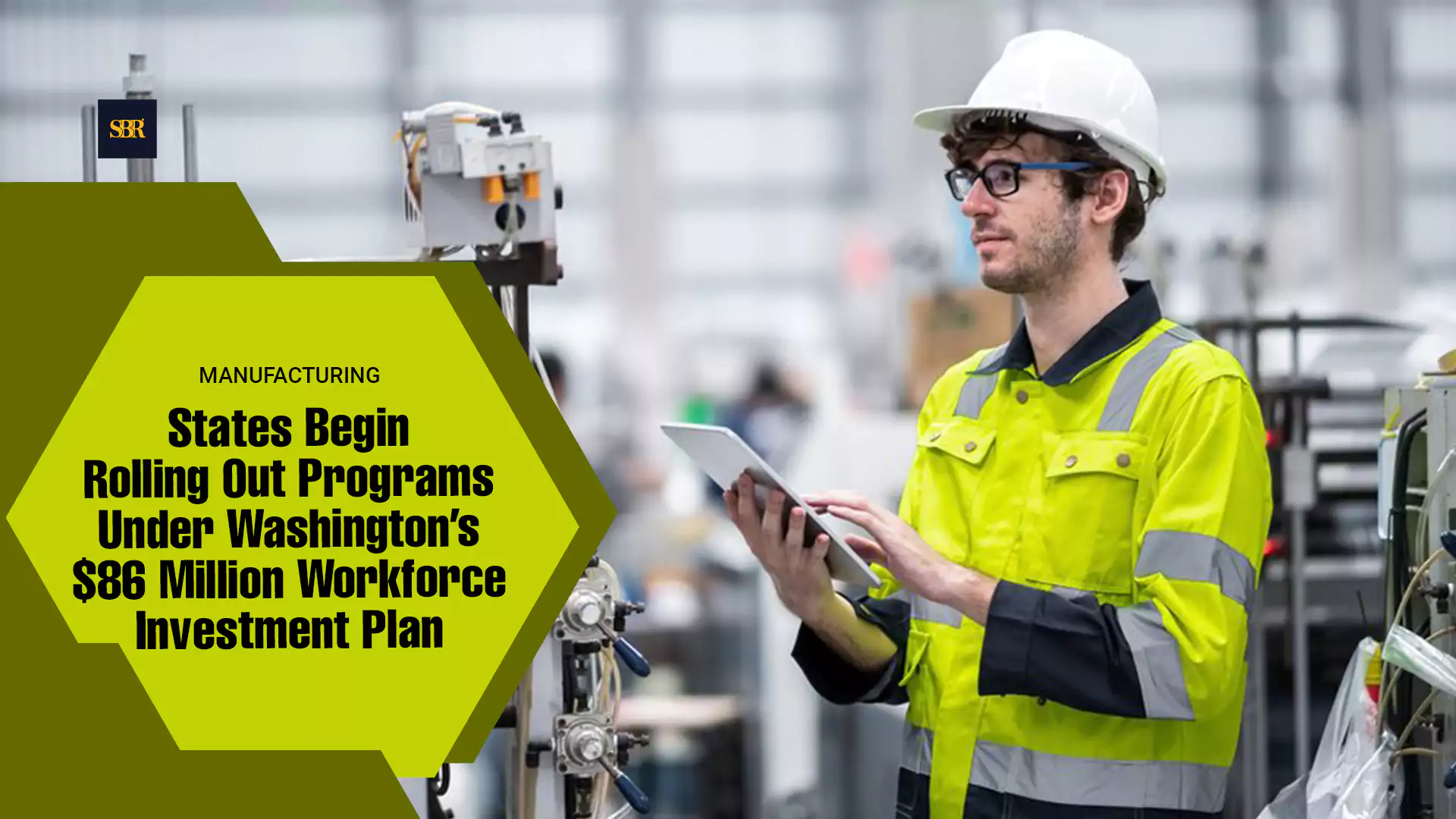NEW YORK, Nov. 4, 2025 — Americans are growing anxious about the economy, and the country’s widening trade gap has become a symbol of that concern. A new national poll shows that 47 percent of adults believe the large trade deficit should be treated as an economic emergency. The findings come from a Morning Consult survey conducted for the Alliance for American Manufacturing.
The results reveal rare agreement across party lines. Nearly half of Democrats and more than half of Republicans said they view the trade deficit as a national concern. The shared sentiment reflects how economic unease has united a divided public.
For many, the trade gap represents more than numbers in a government report. It feels personal. Respondents linked it to lost manufacturing jobs, stagnant wages, and growing dependence on imported goods. Several said it has weakened America’s industrial base and national confidence.
What Fuels the Anxiety
The Tariff Fight Returns to the Spotlight: The poll was released as the Supreme Court prepared to hear a challenge to former President Donald Trump’s use of emergency powers to impose sweeping tariffs on imported goods. Trump argued that a $1.2 trillion goods deficit in 2024 was evidence of a national emergency, giving him authority under the International Emergency Economic Powers Act.
The court’s ruling could reshape presidential power over trade policy. If the tariffs are upheld, future administrations may feel freer to use emergency measures to protect domestic industries. If the ruling goes against them, presidents could be forced to rely on older trade laws that limit such actions.
Jobs and the Fear of Decline: The debate over the trade deficit connects closely to the struggle for stable jobs. Many Americans believe that when the country imports more than it exports, it loses the foundation of its middle class. Factory closures and production shifts overseas have left lasting scars in many regions.
Economists often argue that trade deficits can signal consumer demand or reflect investment flows into the United States. But for ordinary people, those explanations do little to ease their sense of decline. The link between trade imbalance and job loss feels direct, even when experts say the picture is more complex.
Markets Begin to Mirror Public Anxiety
Financial markets have begun to show signs of tension. Investors are watching inflation, interest rates, and global demand while keeping an eye on the trade debate. The perception that America’s deficit points to deeper weakness has influenced sentiment in stocks, commodities, and currencies.
Oil prices have dipped as traders question global growth. The dollar has wavered against major currencies. Stocks have moved unevenly, with manufacturing and export-linked companies facing the most pressure. Analysts say that while the data alone do not suggest an immediate crisis, the emotional link between public anxiety and market behavior is becoming stronger.
When nearly half the country views trade imbalance as a national emergency, it can begin to shape investor psychology. Market sentiment often follows public mood, and confidence is as much about perception as it is about data.
Where the Conversation Goes Next
The poll highlights a public appetite for stability and balance. Americans want policies that strengthen domestic production and reduce dependence on imports. Lawmakers from both parties are calling for tougher trade enforcement and incentives for industries that create steady jobs at home.
If the Supreme Court limits emergency tariffs, the current administration has signalled that it may turn to other legal tools such as Section 122 of the 1974 Trade Act, which allows temporary duties for economic protection. Businesses say uncertainty about tariffs makes planning harder, but political pressure to act is building.
Economists point out that trade policy alone cannot solve every problem. Yet the intensity of public concern shows how much economic security and national strength have become intertwined. The trade gap is no longer just a number in a government report. It is part of a larger conversation about what kind of economy Americans want and how they define resilience in uncertain times.
For many Americans, the trade gap is not about numbers. It is about jobs, pride, and trust in the future.
Inputs from Diana Chou
Editing by David Ryder

















